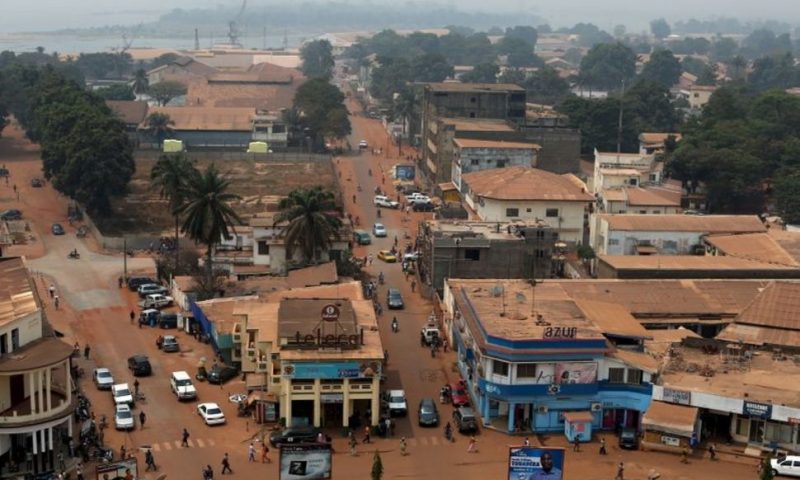BANGUI – The government of Central African Republic on Saturday accused former president Francois Bozize of plotting a coup as political tension and violence rise ahead of the country’s Dec. 27 general election.
The government said in a statement that Bozize plotted with members of his family and a number of armed groups to attack two towns near the capital Bangui after the country’s top court rejected his candidacy.
It also said Bozize has amassed men in the outskirts of the town of Bossembele and planned to march to Bangui. “It is manifestly an attempted coup,” Ange Maxime Kazagui, spokesman for the government said in a broadcast on national television.
Bozize, who had previously accepted the court’s decision, could not be reached for comment on Saturday.
The rising tension prompted the United Nations’ peacekeeping mission in the Central African Republic to deploy troops to disperse armed rebel groups that had occupied roads and towns near Bangui, and are threatening to disrupt the election.
The mission, known as MINUSCA, said in a statement late on Friday that it had placed troops in the capital and other regions on high alert to protect civilians and secure the legislative and presidential elections.
President Faustin-Archange Touadera, who has struggled to maintain stability, is seeking re-election.
Bozize was ousted in 2013 by mainly Muslim Seleka rebels, prompting reprisals from mostly Christian militias and plunging the Central African Republic in to a civil war.
U.N. peacekeepers have been deployed since 2014, including over 12,800 in uniform.
The U.N. mission said the rebel groups, some of whom had fought against one another in the civil war, had occupied two localities.
U.N. troops dispersed the armed militia blocking a major road northeast of the capital, while in Bossangoa in the north, the peacekeepers blocked armed elements on motorcycles who tried to leave the city, the statement said.
As the election campaign heats up, Facebook said on Tuesday that rival disinformation campaigns from the country’s former colonial master France, and Russia, seen as close to Touadera, have sought to influence the election and deceive voters.
U.N. Secretary General Antonio Guterres condemned the escalating violence, disinformation, hate speech and incitement to violence in a separate statement on Friday.

